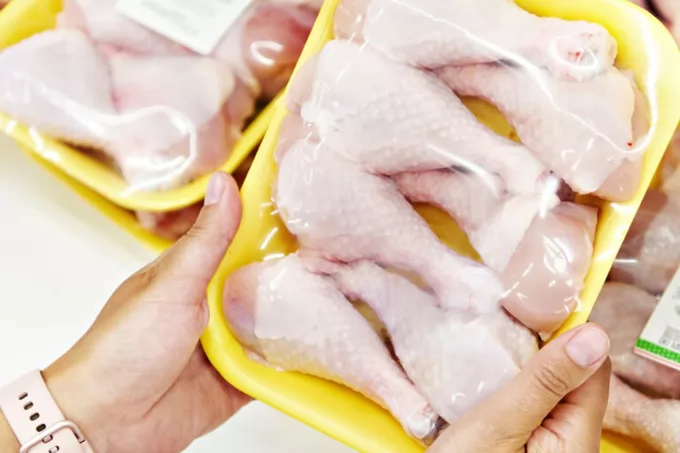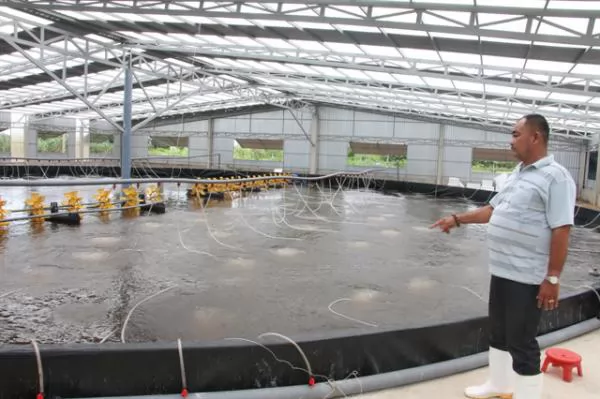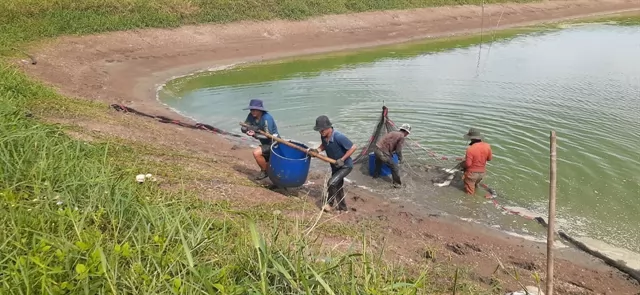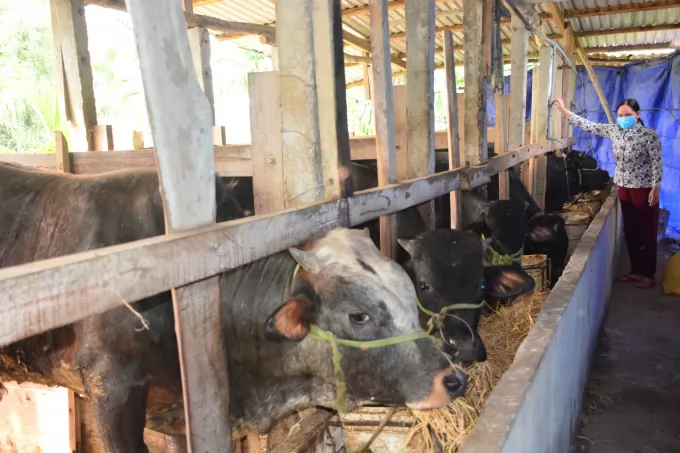Rabobank: 'Global poultry markets are bullish'

RaboResearch notes that after several years of slow growth, global poultry consumption is forecast to reach 2.5-3% in 2024, marking a return to historic levels. Photo: Canva.
(VAN) According to the latest animal protein report by RaboResearch, the outlook for global poultry markets is bullish, driven by accelerating consumption growth in in many markets.
After several years of slow growth, global poultry consumption is forecast to reach 2.5-3% in 2024, marking a return to historic levels.
Global poultry markets are performing well due to lower production costs and solid demand recovery in most markets. Nan-Dirk Mulder, senior analyst of animal protein at RaboResearch, says: “Poultry’s strong price position against other proteins in most markets, along with strong retail demand, recovering foodservice demand, and rising sustainability strategies that support chicken demand are supporting rapid growth.”
Most poultry industries worldwide have remained relatively profitable, with rising prices in many cases. The main exceptions are China and Japan, which continue to suffer from local oversupply. Fast production growth, in combination with more challenging local economic conditions and lower consumer confidence, has led to oversupply, with relatively low prices and rising stocks. This has also weighed on imports, with large year-on-year drops in raw chicken imports to China and Japan in the first half of 2024.
Ongoing volatility
Nevertheless, overall trade is expected to stay robust in the second half of 2024. Most international markets are strong and balanced, increasing the demand for chicken imports. Global trade is forecast to grow in line with rising global poultry demand, but in the context of ongoing volatility. Weaker demand from China will put pressure on chicken feet prices, but breast meat and processed chicken prices are expected to remain firm, in line with strong market conditions in the main importing markets in Europe and Asia.
Consumption in advanced economies like Europe, the US, and Japan will continue to grow in line with long-term trends and improved affordability. Demand for more value-added products like processed chicken and concept poultry will recover further, returning to trend levels after a few slow years.
However, risks remain. The tensions in the Middle East, and the consequent rerouting of trade via South Africa, continue to weigh on trade between Asia and Europe due to the longer transport times and higher costs.
“For the outlook, the main wild cards will be animal diseases and geopolitical tensions. Both can suddenly impact global trade flows,” notes Mulder. “In a context with ongoing high risks, such as animal disease, feed price volatility, and geopolitical tension, supply growth discipline is important to keep operating under balanced market conditions,” he concludes, adding, “Otherwise, the current bullish market conditions could push producers to expand too optimistically, leading to oversupply like that seen in China and Japan.”
H.D
(Poultryworld)
Maybe you are interested

Bến Tre expands hi-tech shrimp farming area
Bến Tre plans to develop at least 500ha of new hi-tech farming areas for breeding brackish-water shrimp this year.

Farmers in "occupation groups" improve incomes
BÀ RỊA - VŨNG TÀU — A "farmer occupation group model" in the southern province of Bà Rịa - Vũng Tàu has helped farmers improve income and develop sustainable agricultural production.

BBB breed brings higher income with less effort
(VAN) The Belgian Blue Beef (BBB) Breed that is famous for its impressive height, muscling and beautiful shape could bring much higher income in comparison to traditional purebred cows.





